Snorkelling opens up new citizen science possibilities
Beautiful fringing reefs off the mainland near Bowen present an opportunity for monitoring via snorkel, with shallow waters and easy accessibility.
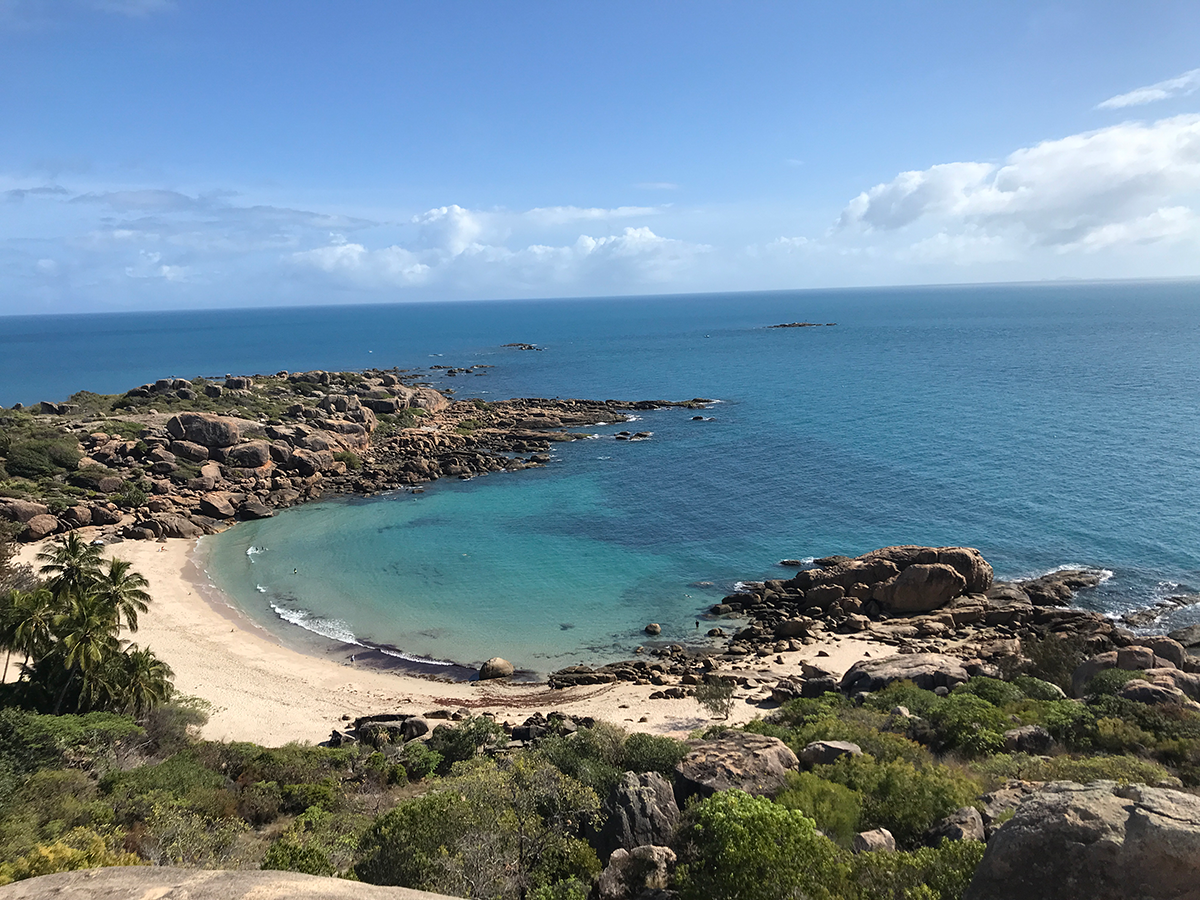
Since 2001 Reef Check Australia has been surveying reefs for signs of reef health along the Queensland coastline, in addition to training community volunteers both above and below the water. Their activities also include seeking new areas of valuable reef habitat that are not currently monitored by other organisations, where new citizen scientists can be recruited and trained to become involved in appreciating and protecting their local reef.
The Bowen region was recently identified as one of these areas. The beautiful fringing reefs off the mainland, with their shallow nature and easy accessibility, presented the opportunity to establish sites that can be monitored by snorkelling. This method opens the possibility of non-diving citizen scientists to actively participate in training and monitoring.
Monitoring through snorkel also removes some of the barriers for people that are unable to meet the strict requirements of scuba surveying. The fringing reefs of Bowen tend to be a rocky reef environment, with corals attached to rocks, rather than a coral reef (coral built on coral).
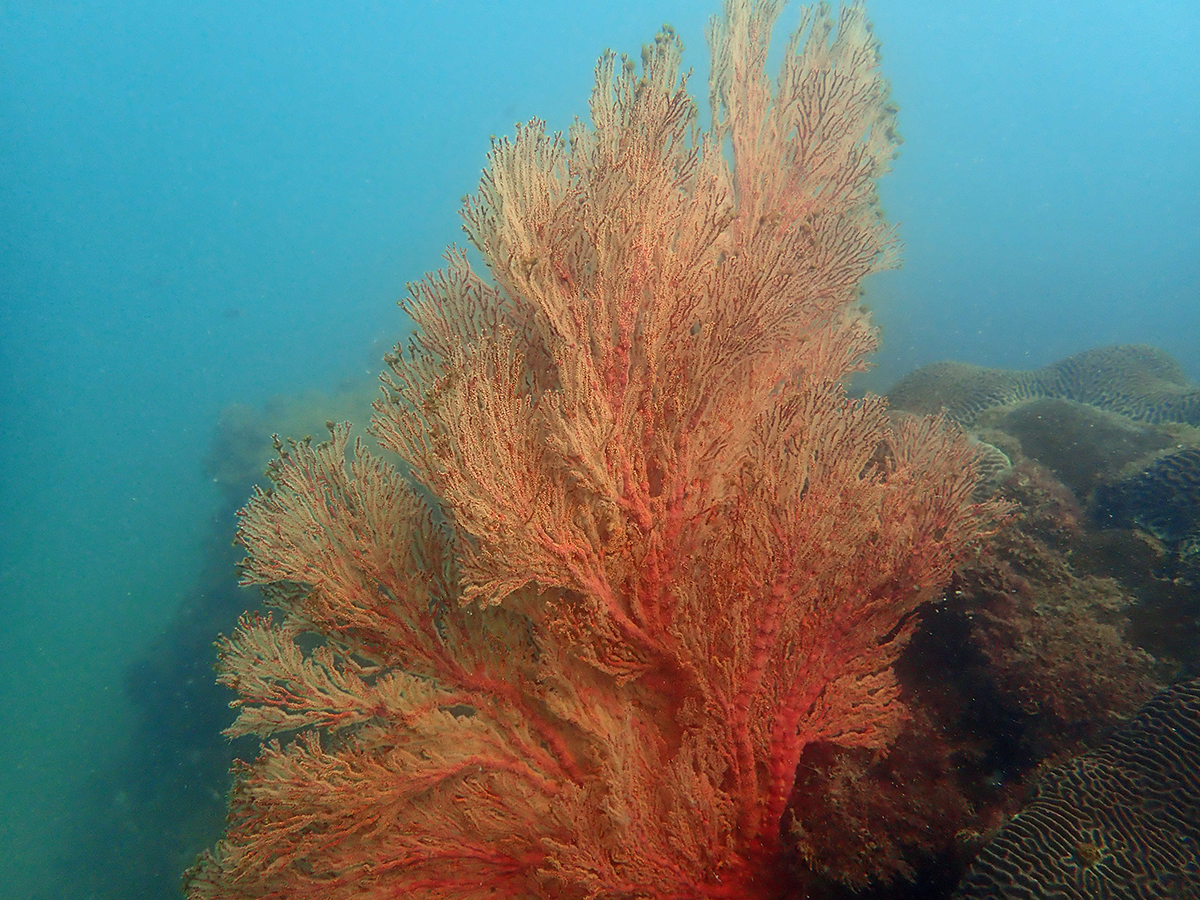
The reefs host a variety of hard corals, including encrusting, massive and branching, along with a range of soft corals such as leathery soft coral and sea fans. These habitats support a variety of fish, both small
and large, along with stingrays, moray eels, giant clams, crustaceans, sea cucumbers and sea slugs. Despite the absence of a large freshwater input, the environment is subject to high silt levels and, facing east, strong wave action; however, the corals appear resilient to these environmental inputs.
Through the new monitoring program, Reef Check Australia aims to create baseline data for the health of these reefs, then through annual monitoring, track the coverage of corals, impacts to corals, and the presence and abundance of target invertebrates and fish. This data can be used to guide management and protection of these reef areas. At the same time, the project will also train and empower the local community to protect these amazing habitats.
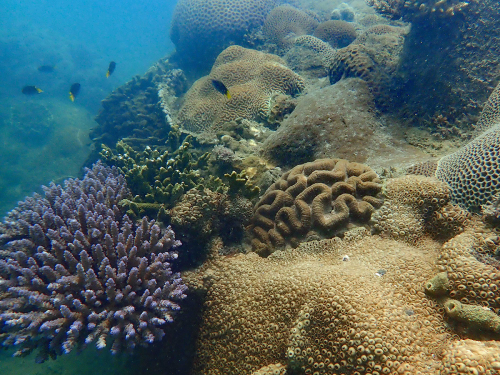
Reef Check Australia is an innovative environmental charity dedicated to providing ways for the community to better understand, appreciate and protect oceans and marine environments. They believe in empowering people to take positive action for the reef through engaging in citizen science, connecting people with reef science, and via local conservation projects.
Having worked in the Whitsundays since 2013, Reef Check Australia have recently expanded activities to Bowen.
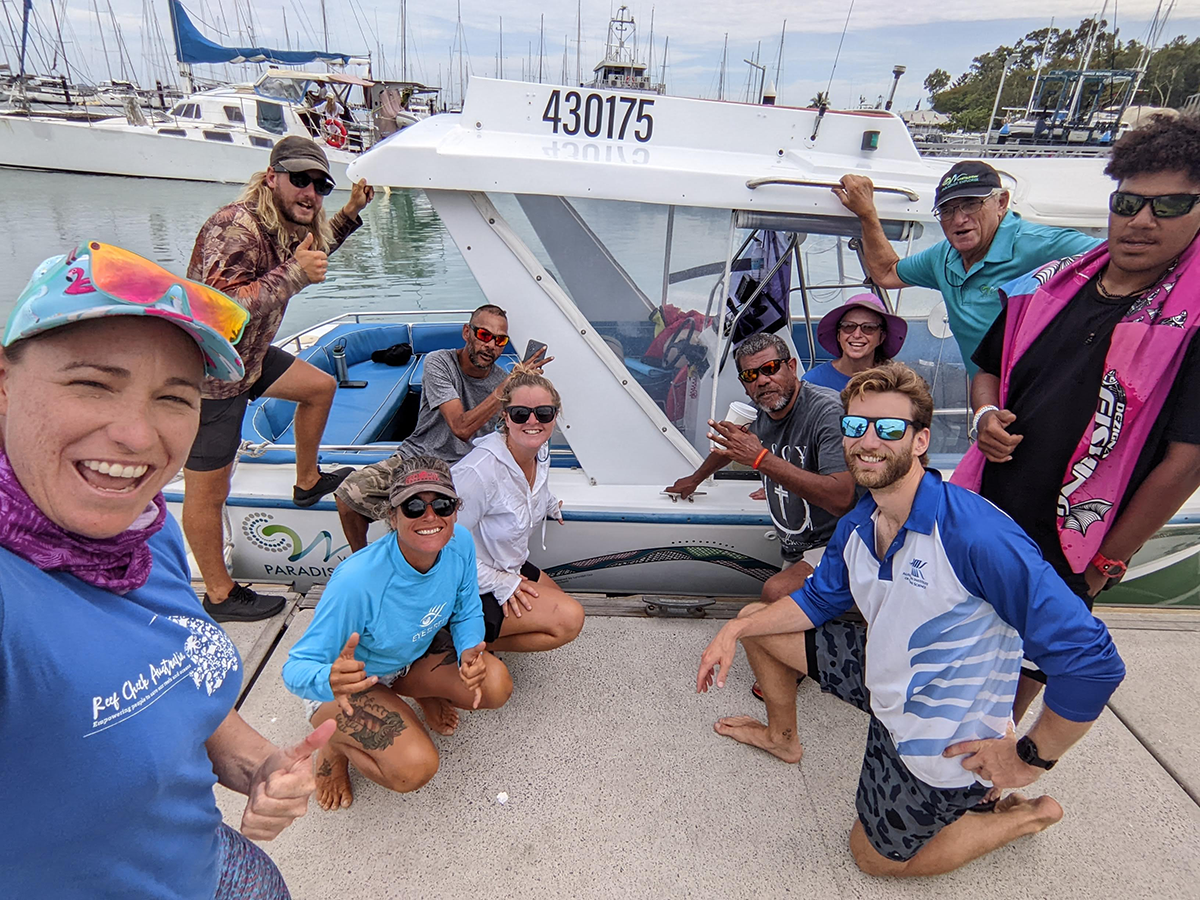
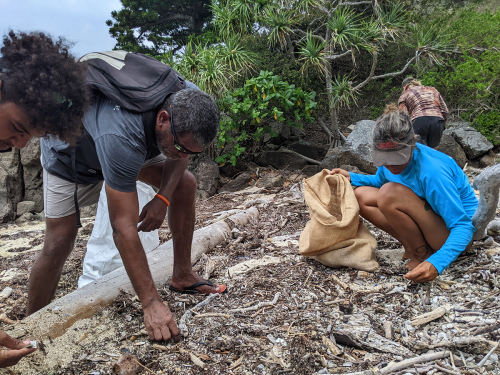
If you want to find out more about Reef Check Australia, the work they do, and ways you can get involved, visit www.reefcheckaustralia.org.
This project is funded by the partnership between the Australian Government’s Reef Trust and the Great Barrier Reef Foundation.


